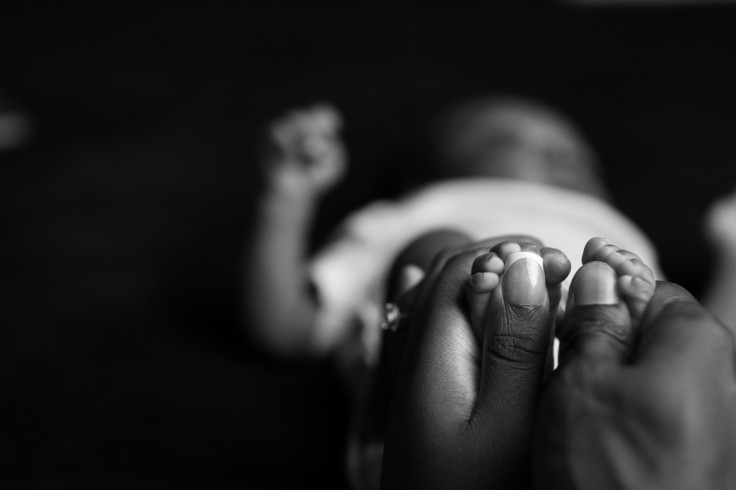Adriana Smith Case Update: What Will Happen to the Newborn Baby of the Brain-Dead Mother?
As the world mourns Adriana Smith, her baby's fight for survival continues

The heartbreaking case of Adriana Smith, a brain-dead pregnant mother from Georgia, has sparked widespread attention across the globe. Following months of controversy, her premature baby boy, Chance, was delivered via emergency caesarean.
With the mother now removed from life support, the world is asking: What happens next for the newborn?
Who Was Adriana Smith?
Adriana Smith was a 31-year-old nurse from Atlanta, Georgia, and a mother to a young daughter. In February 2025, during the early stages of her second pregnancy, she was diagnosed with multiple blood clots in her brain. She was declared brain-dead shortly after.
Despite her condition, the hospital kept her on life support due to the detection of a foetal heartbeat. Her family, including her mother, April Newkirk, was devastated and had limited say in her care.
Why Was She Kept on Life Support?
The hospital based its decision on Georgia's LIFE Act, also known as the 'heartbeat law,' which grants legal personhood to foetuses once cardiac activity is detected. Believing the law required them to keep Adriana alive artificially, doctors maintained somatic support for months. According to a report by 11Alive, Adriana's family claimed they had little to no say in the decision to continue life support, a situation that left them feeling powerless during an already devastating time.
When and How Was Baby Chance Born?
On 13 June 2025, Adriana Smith underwent an emergency caesarean section. Her baby, named Chance, was delivered at approximately six months of gestation. He weighed just 1 lb 13 oz (around 538 grams) and was immediately transferred to the Neonatal Intensive Care Unit (NICU).
Doctors report that Chance is in a critical but stable condition. Given the extreme prematurity of his birth, he is at high risk for several medical complications, including hydrocephalus. Medical staff describe his condition as a fight for survival.
What Will Happen to Baby Chance Now?
Baby Chance continues to receive round-the-clock care in the NICU. His future remains uncertain, with doctors and the family closely monitoring his condition. Long-term health issues are possible, and he may face developmental challenges as he grows.
Adriana's family, particularly her mother, is expected to assume full guardianship and care. They face not only emotional grief but also the financial burden of raising a medically fragile child. Support from charitable organisations or community fundraising may be necessary to meet his ongoing needs.
Why This Case Matters
The Adriana Smith case has reignited national conversations around abortion law, medical ethics, and reproductive rights. Critics argue that the enforcement of foetal personhood laws in such cases removes autonomy from patients and their families, forcing medical decisions that may not align with personal or ethical beliefs.
The situation has also raised alarms about racial disparities in maternal healthcare. Advocates note that Black women in the United States are disproportionately affected by systemic barriers in medical care and decision-making.
Adriana Smith's Legacy and the Fight for Reproductive Justice
As baby Chance clings to life, his story has become a symbol of hope and struggle. Adriana Smith's legacy extends beyond her tragic passing, highlighting the urgent need for clear laws that prioritise patient dignity and informed medical choices.
Her case will likely shape future discussions around reproductive justice, healthcare reform, and the balance between legal interpretation and ethical care.
© Copyright IBTimes 2025. All rights reserved.





















